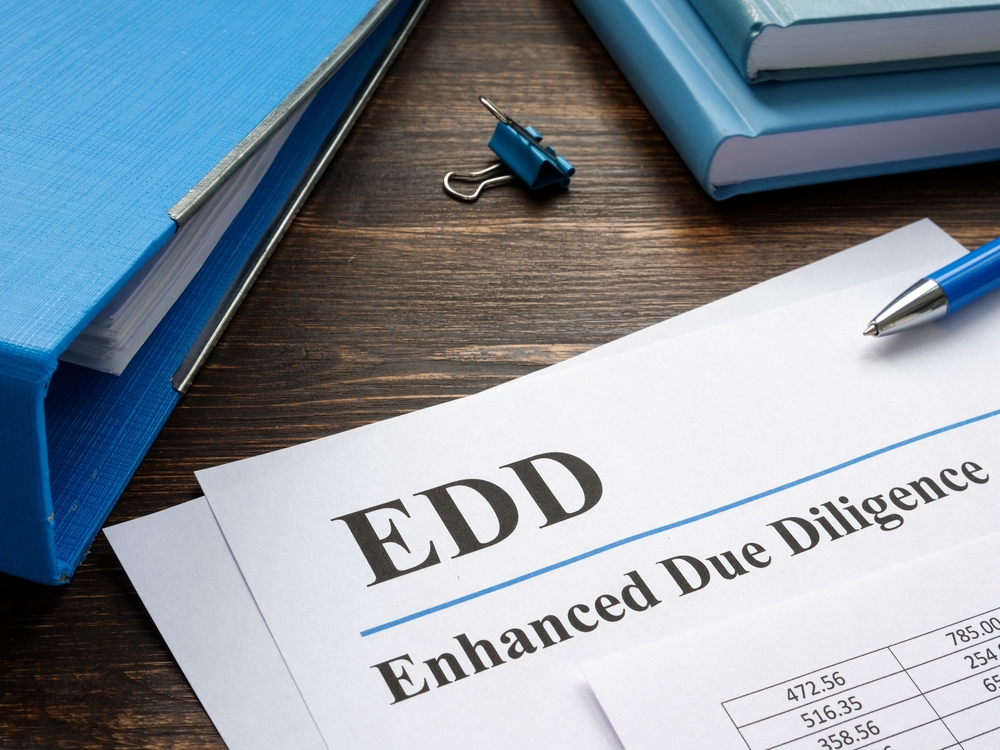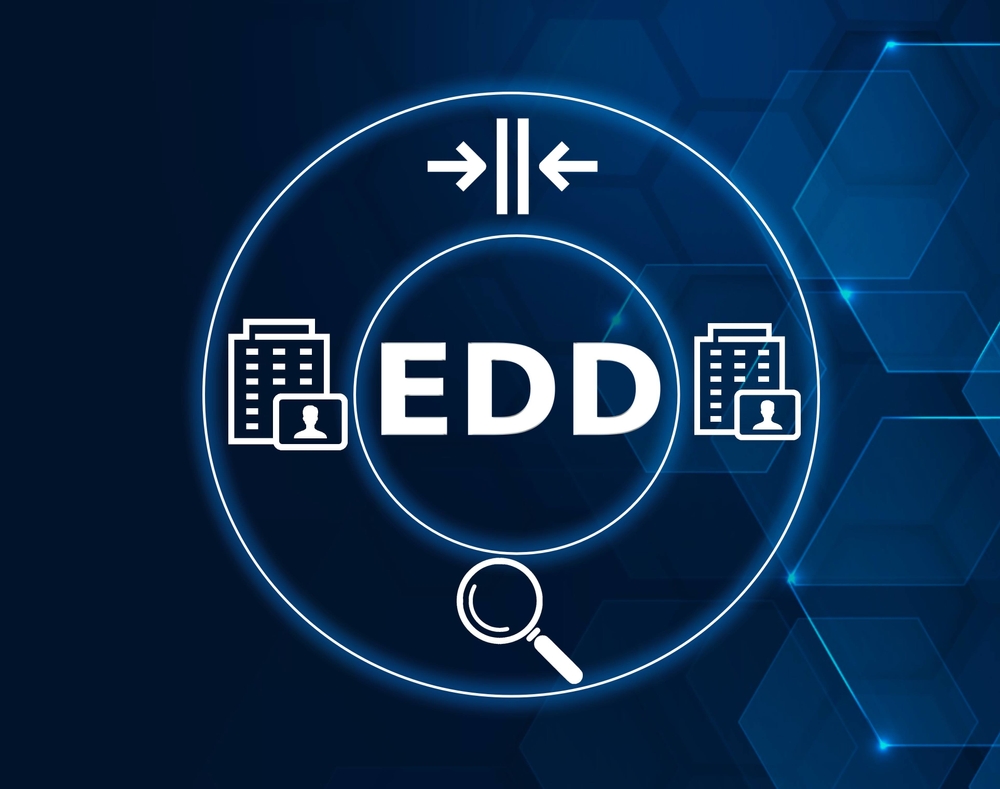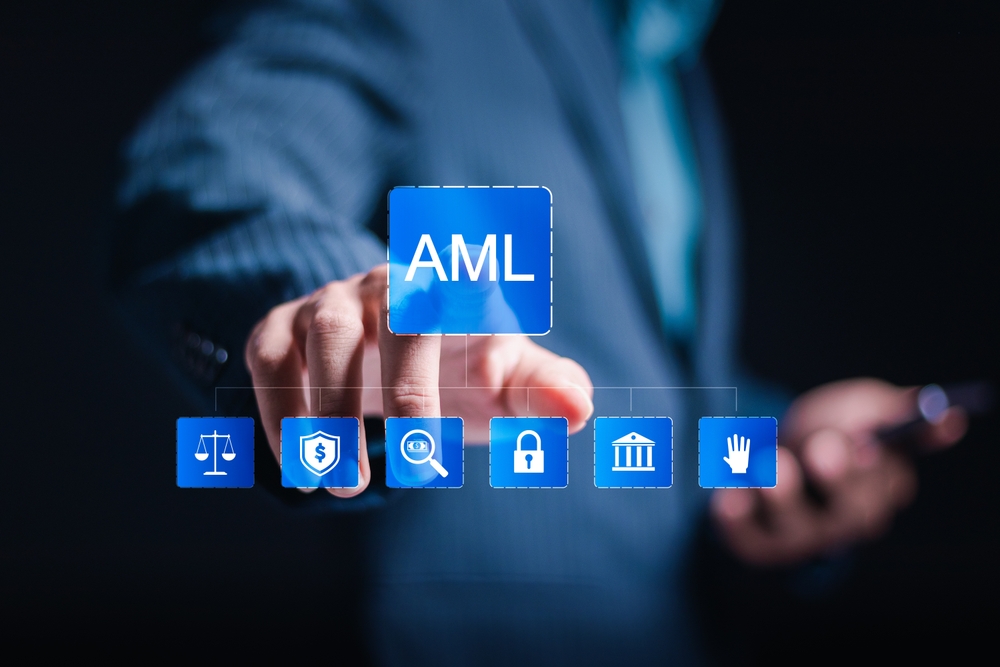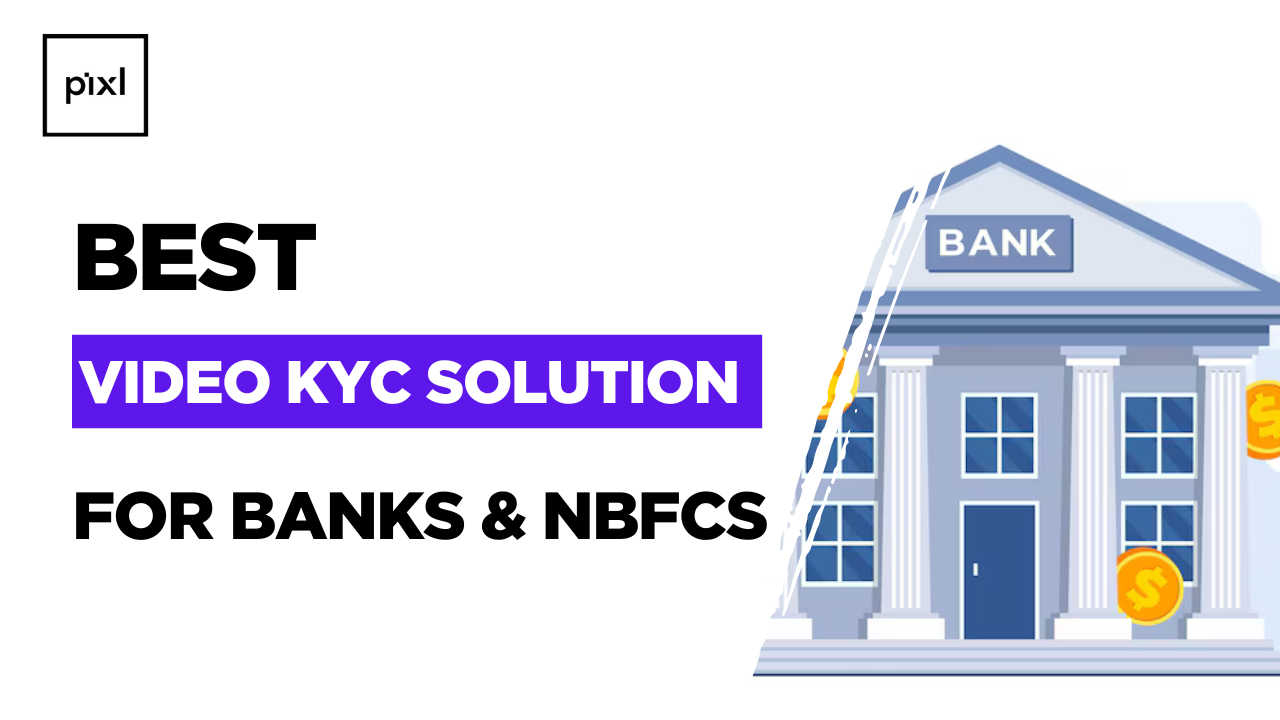Enhanced Due Diligence (EDD) is an important part of financial compliance frameworks that essentially demands institutions to carry out a more thorough investigation into higher-risk customers or transactions. Known as Enhanced Due Diligence, this practice involves a more thorough investigation and is designed to seek out risks with money laundering, terrorist financing or other forms of illicit financial activity. This is a crucial layer of protection that the financial institutions use to prevent themselves from unwittingly engaging in illegal activities.
It is important in the finance industry because it connects institutions with regulatory demands known as the requirements for carrying trustworthy business and allows them to manage risks of damage or loss of reputation. By deploying this, financial institution can ensure that it is protected as well as wider financials system from fraud and financial crime by closely investigating high-risk individuals or entities. It commonly entails a review of source of funds, ownership structures and updated transaction monitoring essentially providing an end to end risk management support.
EDD is one of the key elements of Know Your Customer (KYC) and along with AML. Although KYC processes assist in cross-referencing a use-case confirm the identity of a client and estimate an initial risk, EDD goes one step ahead by identifying unusually suspicious behavior or activities which cannot be recognized via routine checks. This process (referred to as KYC, AML and EDD) ensures that the people who are conducting financial transactions for third party will be identified by their respective identification documents and hence drastically reduces cases of money laundering crimes.

What Does Enhanced Due Diligence Mean
Enhanced Due Diligence (EDD) — is the specialized scrutuny of clients for which there is a higher risk in service requests or transactions. Enhanced due diligence is the process by which a financial institution applies additional verification steps to more acutely understand a sense of risk associated with customers.
Standard Customer Due Diligence (CDD) typically involves verifying someone’s identity but customer Enhanced Due Diligence goes much further. This could involve further investigating into the customers financial history, where their funds came from and their connections in business. PEPs, clients from high-risk countries or who have complex financial structures can be a source of EDD.
While CDD requires a standard amount of scrutiny, what sets EDD apart is the process. Most customers can be completed with CDD however for an increased likelihood of financial crime occurring, EDD is required. This way they can keep an eye on higher-risk customers and adapt quickly, flagging any unusual activities before it can get carried away. Implementing EDD allows financial institutions to meet the requirements of international regulators and save themselves from a hefty $1 billion cost and bad press.

For What is Enhanced Due Diligence Required?
In some cases, these due diligence requirements may extend into Enhanced Due Diligence (EDD), where the risks of financial crime or regulatory non-compliance are higher. The need for EDT arises when a customer or transaction presents increased risks to an FI because the customer is from a particular country, has intricate business arrangements or the type of transactions they conduct.
When it is needed: In some very common situations.CompilerServices
High-Risk Locations: EDD must always be performed if the customer is from or deals with countries that are identified high-risk by regulatory bodies, e.g. have poor AML/CFT controls.
Politically Exposed Person (PEP): Higher risk if the person is a public service job, or there are relationships with peps, due to concern of corruption and money laundering.
Unlikely or Complex Transactions: When conducting atypical, non-standardized transactions (+30.000 EUR) which are not justified to the business logic, Proceeds of crime seem to be involved or no rationale for a transaction can be established due to apparent suspiciousness
Sanctioned Entities – In case where you are dealing with a sanctioned individual or entity, financial institutions must apply EDD in this instance.
The EDD requirements should adhere to global regulatory frameworks; for example, the standards established by the Financial Action Task Force (FATF), an inter-governmental body studying and evaluating money laundering and combating financing of terrorism. FATF guidelines advise a risk-based approach, that means that higher measures should be imposed on higher-risk customers or activities. Likewise, the 5th AML Directive by the European Union and US AML/CFT regulations have further worked on defining EDD in ensuring financial soundness and curbing dirty money.
Complying with this regulations help financial institutions from being legal action against and the operation fines.
What Makes Enhanced Due Diligence so Important?
Enhanced Due Diligence (EDD) is a powerful tool in the fight against financial crimes like Money Laundering, Terrorist Financing, and Fraud. It is a precautionary strategy, which helps companies to locate dangers related to the transactions or high-risk clients before they grow massive and uncontrollable.
EDD is fundamentally important due to its ability to dig deeper with regard to the background, sources of money and behavior of a customer. This careful examination can be used to identify the first traces of illegal activity through financial systems. For example, they can uncover unknown beneficial ownership structures and the flow of funds out of questionable sources by using EDD or keep a tab on existing transactions for red flags.
Using EDD will enable financial institutions to:
Prevent Money Laundering: EDD helps in stopping the attempts to launder illicit funds by carefully scrutinizing the authenticity of transactions and customer profiles.
Combat Terrorism Financing: EDD deters terrorist organizations from misappropriating financial resources by focusing on where funds are coming and going.
Maintain Regulatory Compliance: To help financial institutions meet global AML rules, EDD is often lawfully needed. EDD requirements are strict, and institutions that do not adhere to the standards can face penalties as severe as fines or serious damage to their reputations.
EDD protects your institution from violating AML regulations such as FATF global standards, the Bank Secrecy Act (BSA) in the US and 6th EU Anti Money Laundering Directive (AMLD6). Adhering to these frameworks strengthens the trust of regulators, customers and partners in these institutions as not only it saves them from legal risks.
In conclusion, EDG is a strong weapon against fintech financial crime and hence an important solution in having a secure and compliant Fintech world.



